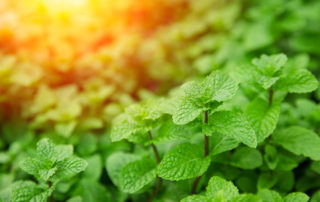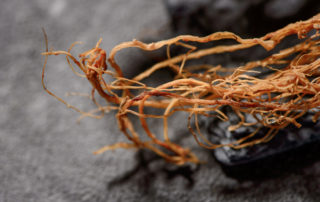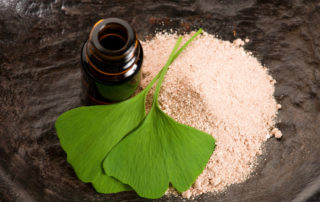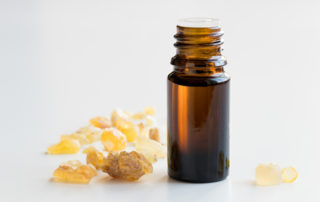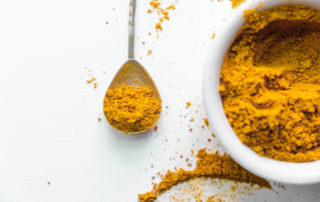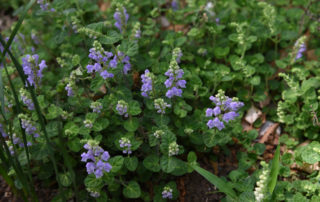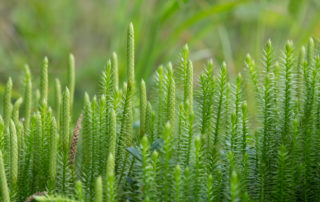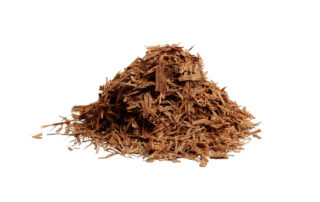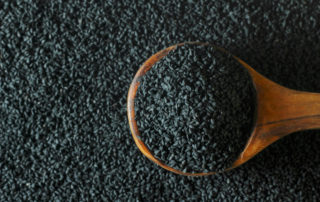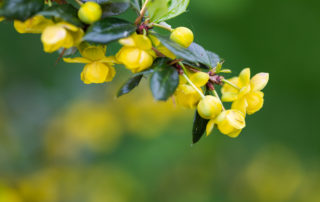Lowering Glutamate | Lemon Balm
Lemon Balm (Melissa officinalis L)- increases GABA which helps lower glutamate and establish balance between the two neurotransmitters. “These results suggest that MOE increases cell proliferation, neuroblast differentiation and integration into granule cells by decreasing serum corticosterone levels as well as by increasing GABA levels in the mouse DG.” https://www.ncbi.nlm.nih.gov/pubmed/21076869 Why Is This Important? Glutamate is also the most abundant neurotransmitter, responsible for regulating over 50% of the nervous system. It is classified as an excitatory neurotransmitter, which means it excites or stimulates nerve cells located throughout the nervous system. Glutamate also has [...]

